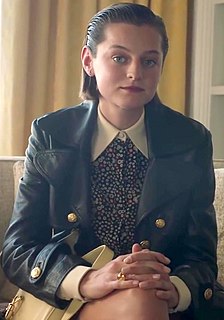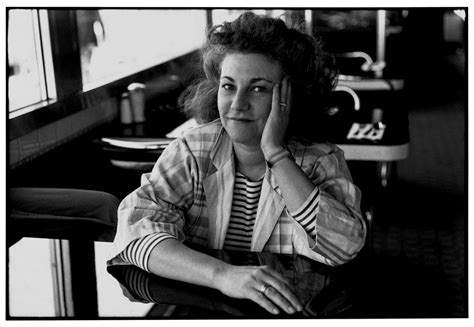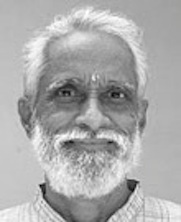A Quote by Plato
Poets do not compose their poems with knowledge, but by some inborn talent and by inspiration, like seers and prophets who also say many fine things without any understanding of what they say.
Related Quotes
After all, poets shouldn't be their own interpreters and shouldn't carefully dissect their poems into everyday prose; that would mean the end of being poets. Poets send their creations into the world, it is up to the reader, the aesthetician, and the critic to determine what they wanted to say with their creations.
I would say there are different kinds of poems. There are things that poets in the history of poetry hit upon when they're very young that can never be outdone and it's a remarkable, strange experience when you think of say Arthur Rimbaud who write poetry between the ages of 17 and 21 whose career was over by the time he was 22.
They who lack talent expect things to happen without effort. They ascribe failure to a lack of inspiration or ability, or to misfortune, rather than to insufficient application. At the core of every true talent there is an awareness of the difficulties inherent in any achievement, and the confidence that by persistence and patience something worthwhile will be realized. Thus talent is a species of vigor.
I think of something quite different from a snapshot. I know of a lot of poems, some very fine ones, that are like snapshots, but I'm more interested in poetry that is like an endless film, long stories, things that weave together many different strands, like a big piece of cloth, not like a photograph.







































